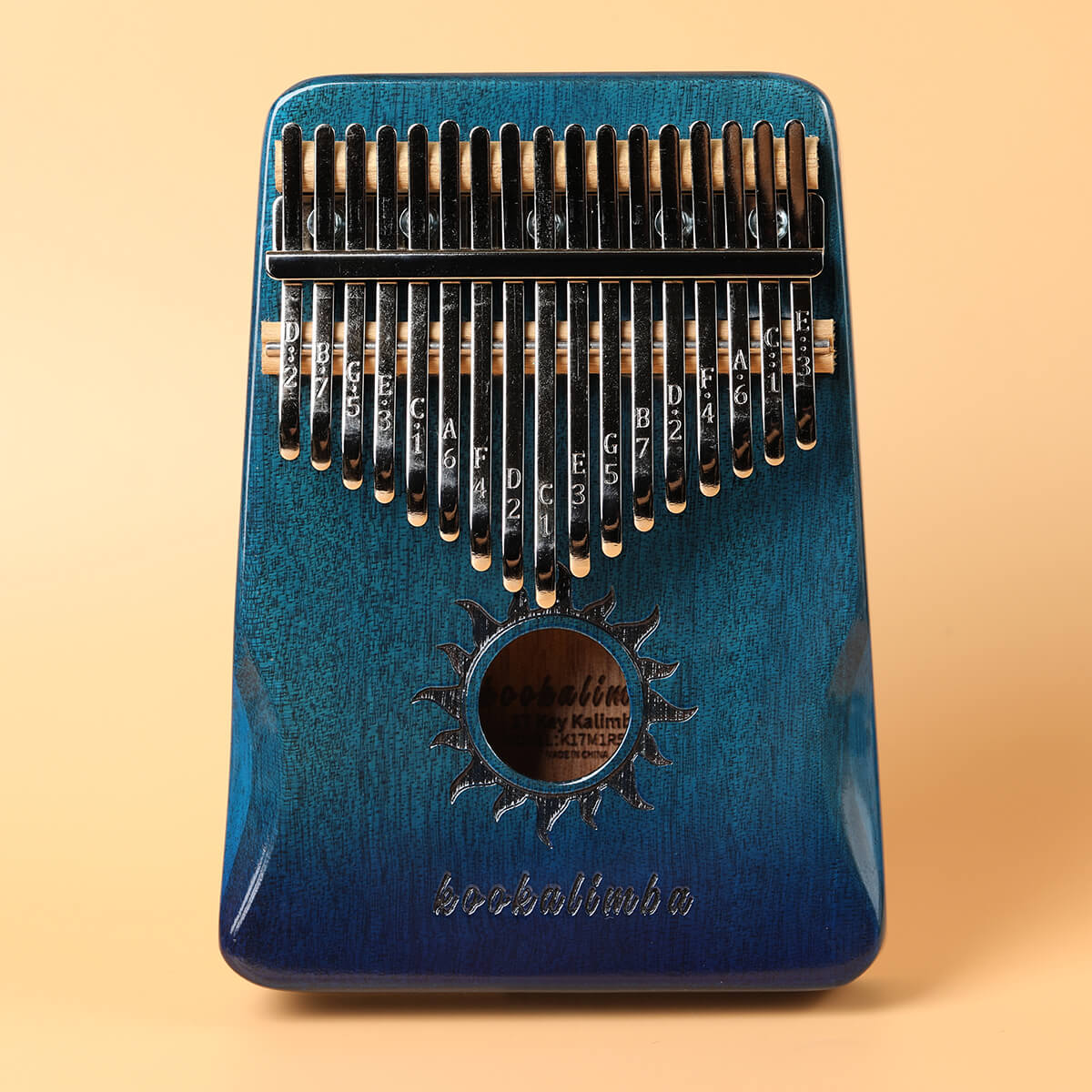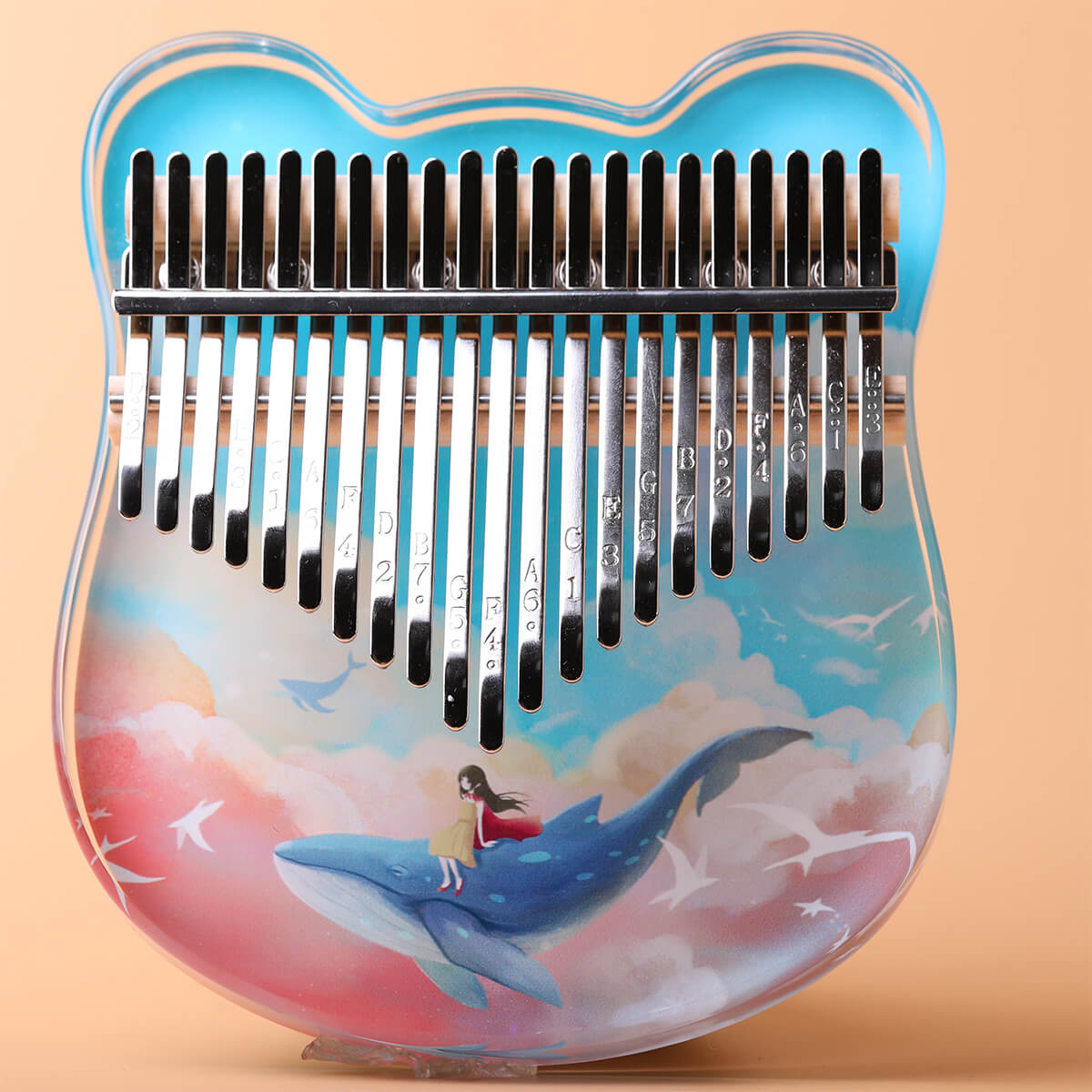The Kalimba is a musical instrument of African origin. It is also known as the thumb piano. The Kalimba is made of a wooden board with metal tines of different lengths. The player uses their thumbs to pluck the tines, which produces a melodious sound.
The history of the Kalimba can be traced back to the African continent. There are many different theories about the origins of the Kalimba, but the most popular one is that it originated in Zimbabwe. The Kalimba was then brought to other parts of Africa by traders and missionaries.
The Kalimba eventually made its way to Europe and the Americas in the 19th and 20th centuries. It became popular in the United States in the 1960s, when it was used in folk and pop music. In recent years, the Kalimba has experienced a resurgence in popularity, thanks to its use in film and television scores.
The Kalimba is a musical instrument with a long and rich history. Its origins can be traced back to Africa, where it was first created. The exact origins of the Kalimba are unknown, but it is believed to have originated in Zimbabwe.
The Kalimba then spread to other parts of Africa through trade and missionary work. In the 19th and 20th centuries, the Kalimba made its way to Europe and the Americas. It became especially popular in the United States in the 1960s, when it was used in folk and pop music.
In recent years, the Kalimba has experienced a resurgence in popularity, thanks to its use in film and television scores. This versatile instrument is sure to continue delighting audiences for years to come!
Conclusion
The Kalimba is a unique instrument with a long and fascinating history. If you’re interested in learning more about this instrument, be sure to check out some of the resources listed below. Thanks for reading!
Resources:
https://en.wikipedia.org/wiki/Kalimba
https://www.thoughtco.com/kalimbas-origin-and-history-1991791


